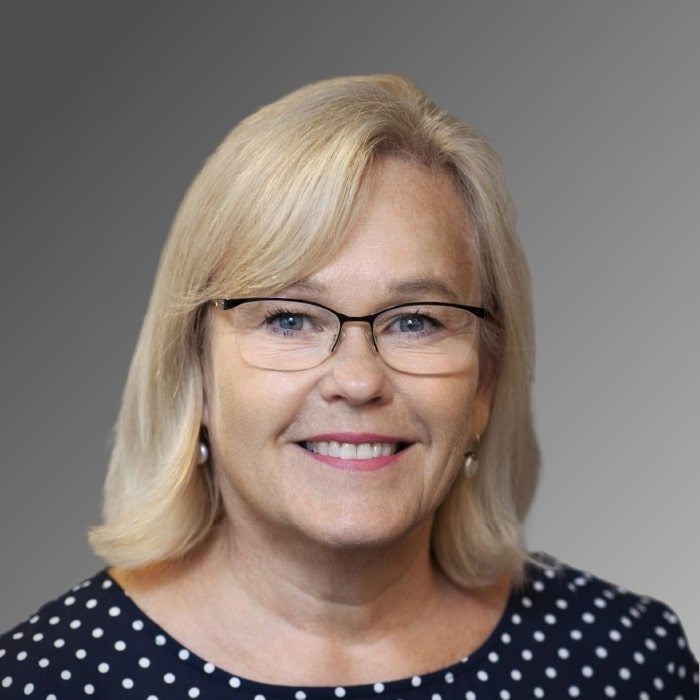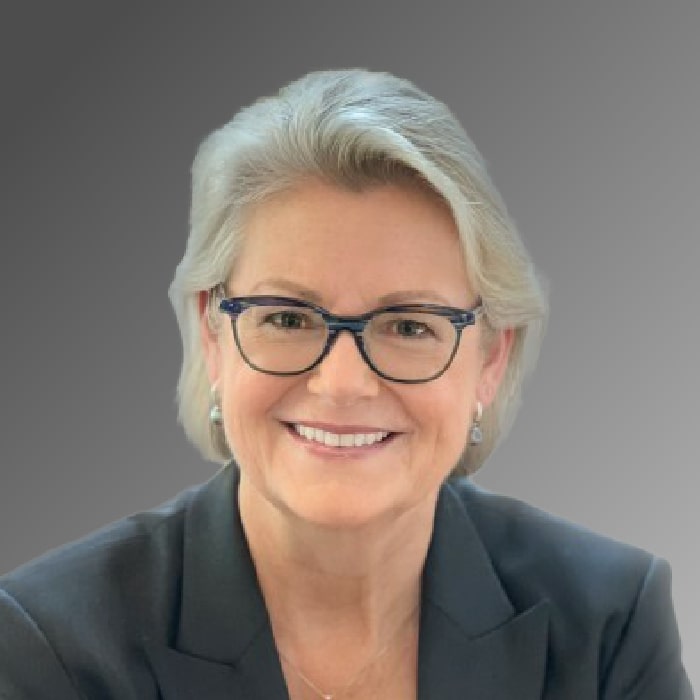The Journey of an ‘Accidental Tourist’: From Pipets to Portfolios
May 16, 2024
Interviewed by Nicolas Sauvage on October 13th, 2023
You might say Barbara Dalton was railroaded into a career in corporate venture capital. As a nearly 10-year veteran at pharmaceutical giant SmithKline, she was on a train from Philadelphia to Baltimore to discuss collaboration with a carbohydrate chemistry company when she and her boss ran into SmithKline’s CVC head, Peter Sears. After a conversation, the colleagues headed their separate ways. A week later, Sears called to ask Barbara to help the fund, SR One, perform due diligence on companies in the immunology area.
A couple of decades later, Barbara is now Pfizer Ventures’ senior managing partner. She sat down with TDK Ventures President Nicolas Sauvage to tell the Corporate Venturing Insider how her eventful 30-year career unfolded.
The Beginning of an Eventful Career
Like most people who join corporate ventures, Barbara’s path wasn’t linear. She was born and raised in Philadelphia. Her life turned upside down in the 1980s during a job search after completing her post-doctorate in immunology. Barbara’s husband was committed to his family business in Philadelphia, so she joined the Philadelphia-based pharmaceutical company SmithKline. There, she recalls working as a researcher on early JAK and cytokine systems.
Her interactions with SR One as a scientist fed her curiosity about new technologies, and she was happy to help with the due diligence. However, the full impact of her chance train encounter with SR One’s Peter Sears wouldn’t be felt until many years later. Eventually, Barbara, after 10 years at SmithKline and 20 years of lab work, wanted to switch careers.
She said it is “quite common for scientists to move into business development because” their scientific background translates well to the field.
So she began conversations with SmithKline’s hiring manager about joining various business development teams. While calling around, she connected with Brenda Gavin, a member of SR One, who convinced Barbara to work as a VC investor since was already familiar with the space.
From ‘Accidental Tourist’ to Full-Time CVC Resident
“So one day I walked out of the lab and into the venture capital group,” she remembered. “Why? Because I had made a connection in a network three years earlier, not because I was driving to get that job. I never thought about (venture capital).”
Sears, whom she’d met on the train, became her trainer and mentor, teaching her the ins and outs of CVC. Barbara recalls how she learned by doing. Sears attended every meeting with her, provided her with several-page business plans to read, and took her to meet high-profile entrepreneurs from opera singers to US Army generals.
Barbara’s postdoc biotech background proved indispensable at these meetings.
“You get to answer all the position questions, and nobody can argue with you because you’re this expert in that area,” Barbara noted. But “that superb science and technology in the hands of poor management will not go anywhere.”
Many of the high-profile people she met might not be good managers, or the science might not be there. So a scientist must also have a little business background to assess opportunities.
Barbara believes startups are, in a nutshell, “research projects with expense budgets.”
So her innate curiosity and scientific background made the transition easier.
Joining Pfizer
Barbara’s next big career transition came 10 years after the SmithKline merger with fellow pharmaceutical company Glaxo. By the end of her time at SR One, she was running the small team Post-merger, the new management team debated whether to keep the fund. There were rumblings that if SR One survived, the “group of five would have to take a 10-percent haircut and lose a person.”
Many team members jumped ship before learning who would be forced to walk the plank, joining an SR One-associated private equity fund. Barbara decided to leave as well.
A few years later, she received a call from the New York-based pharmaceutical company Pfizer. It was looking for someone to run its venture team.
Pfizer Ventures is the corporate venture capital investing arm of Pfizer, a large biotech company in the Fortune 500. It invests in Inflammation and Immunology, internal medicine, oncology, anti-infectives, and vaccines. Its team isn’t large, but together it manages a $900 million fund.
With her life in transition — her daughter was off to college, and she could afford to spend a few days a week away from her home in Philadelphia. So she took the job, and the rest is history.
A Wealth of Experience
In Barbara’s 30 years as a corporate venture professional, she has learned her share of lessons. She believes SR One could have done a better job at internal public relations. Changing objectives can be hard to anticipate over time, and she believes that better communication could have provided balance.
“Sometimes you want to fly under the clouds when it comes down to it,” she said.
It doesn’t make sense to announce everything you are doing all the time, but leading up to the merger, they could have advocated more for themselves.
Another crucial learning has been the ‘human element.’ Relationships with startups in venture are long-term, five to eight years. A poor relationship can ruin an investment. So, if leadership does not pass Barbara’s ‘gut check’ she will ask another team member for a reality check. If the technology is good, she will ask her colleague to take it forward.

 Superb technology in the hands of poor management will not succeed. However, sometimes mediocre science can succeed, especially in the hands of great management.
Superb technology in the hands of poor management will not succeed. However, sometimes mediocre science can succeed, especially in the hands of great management. 


















